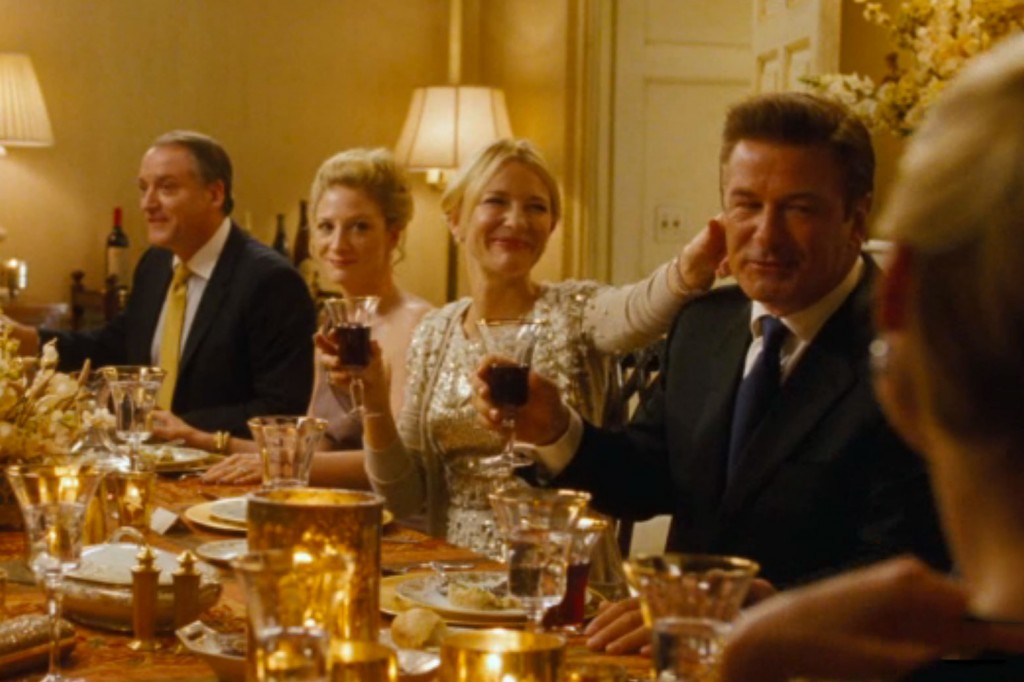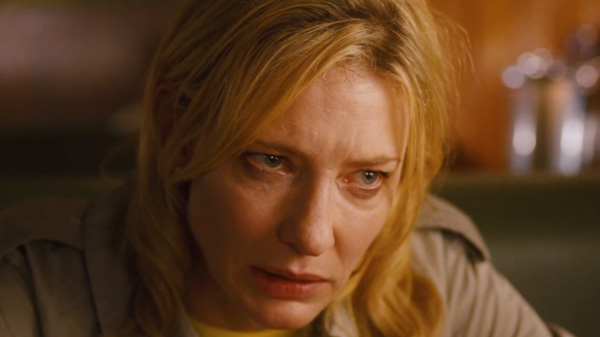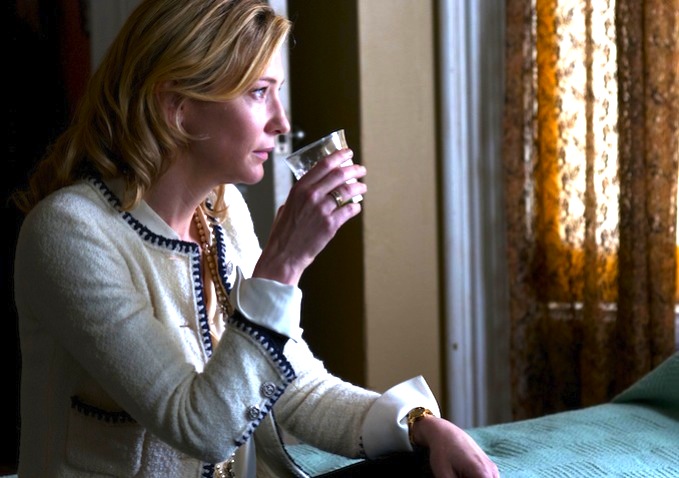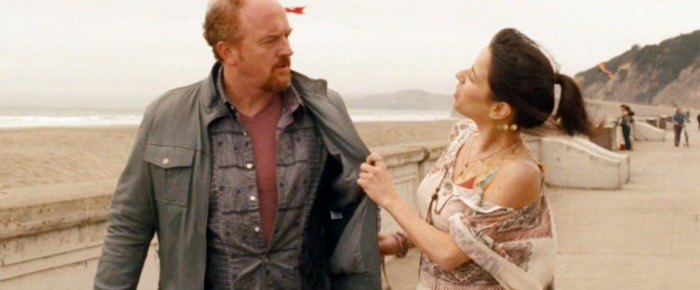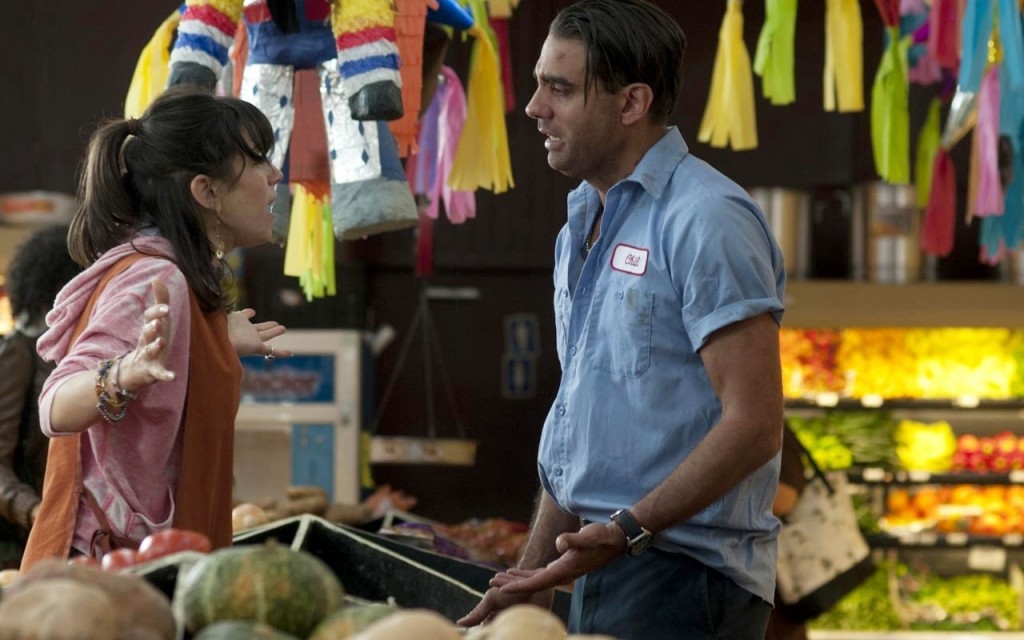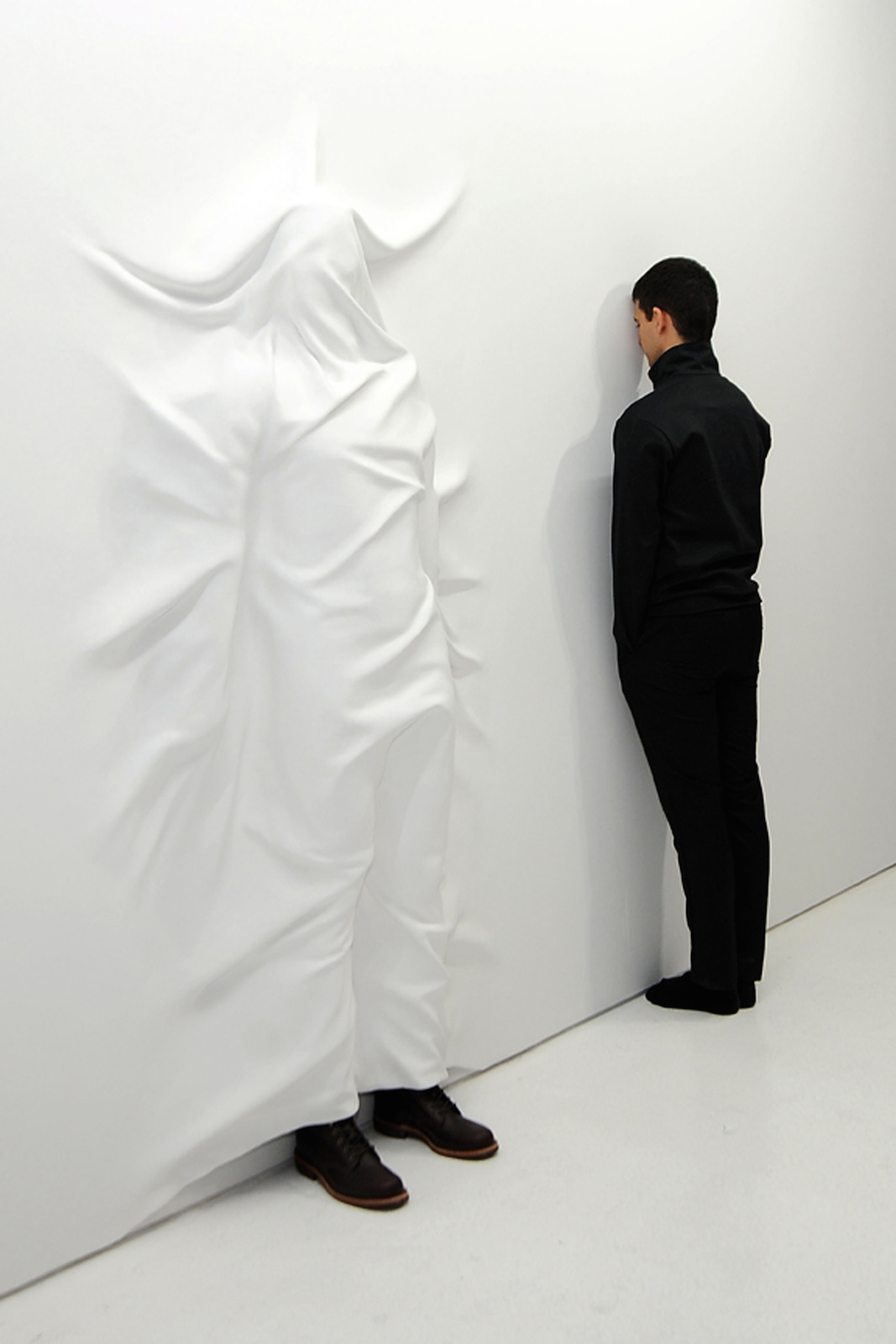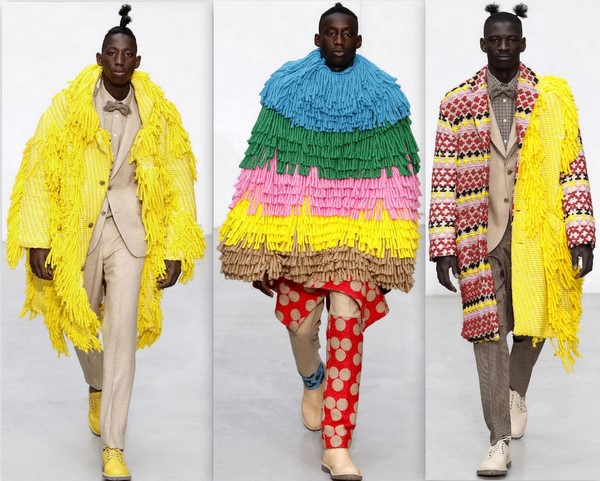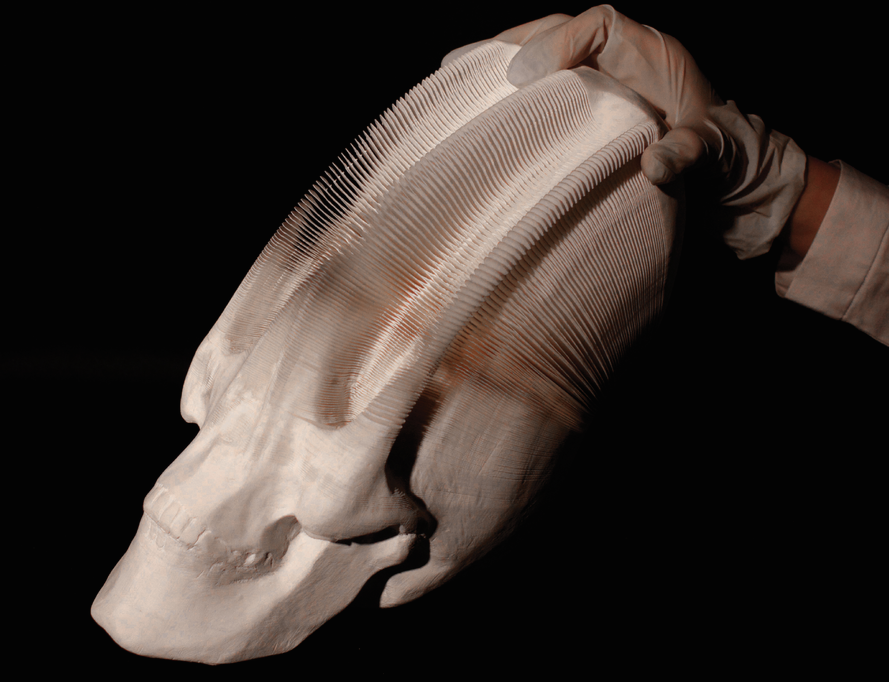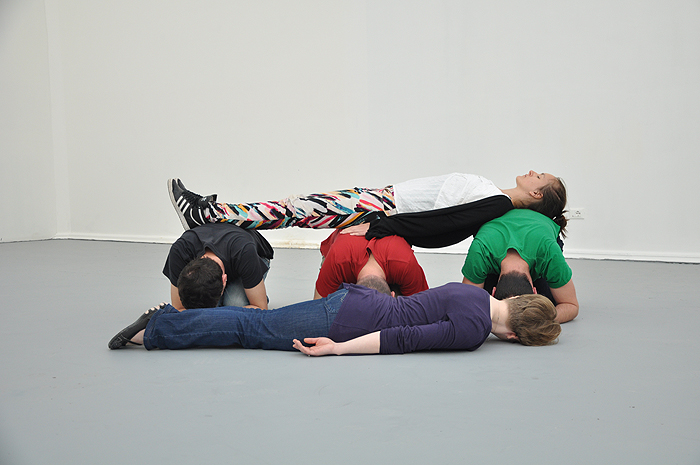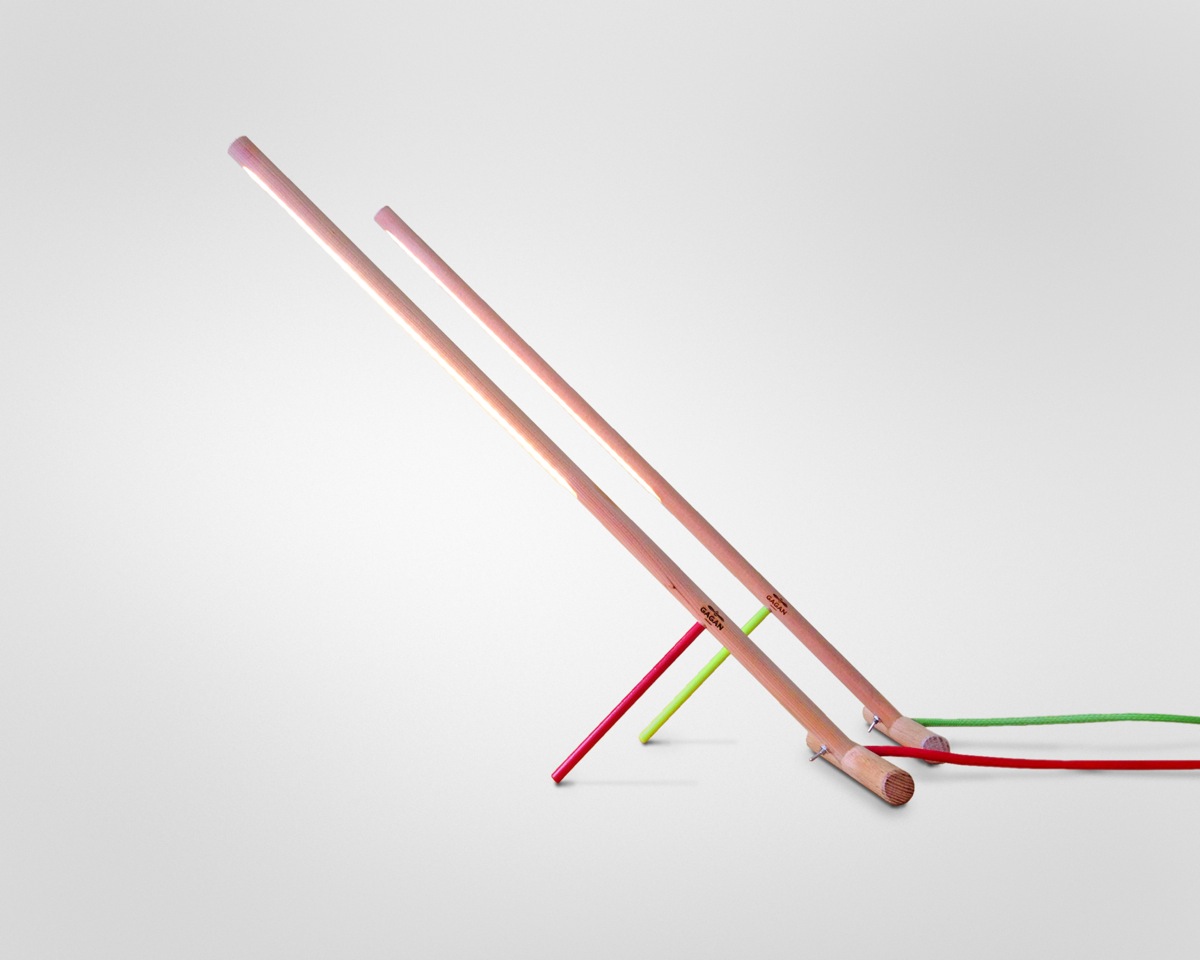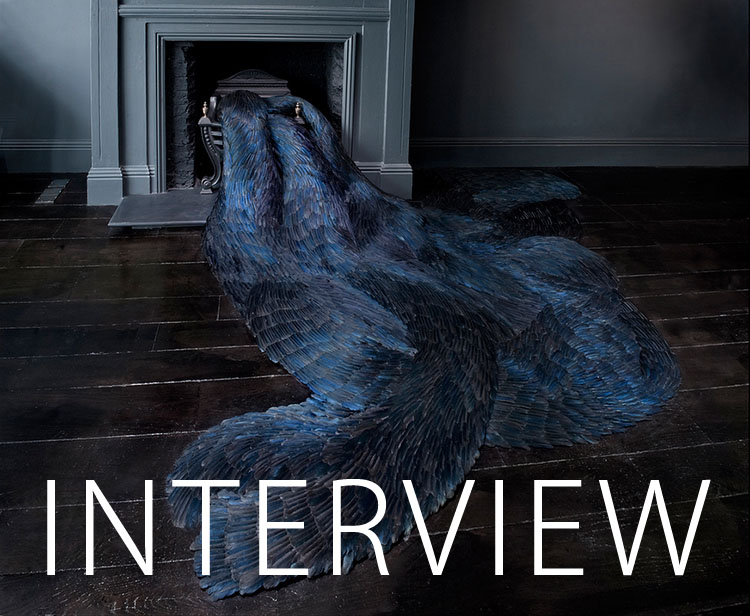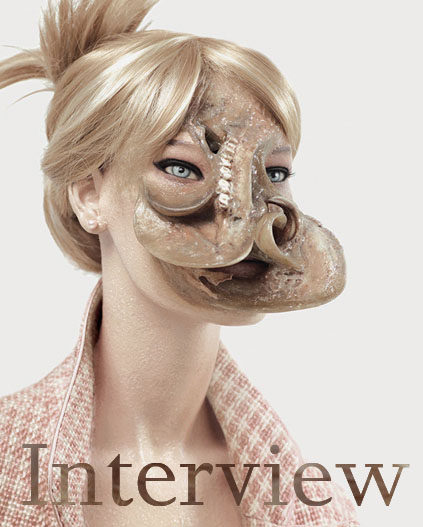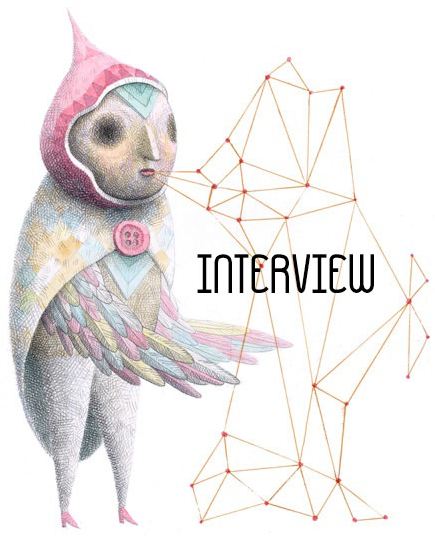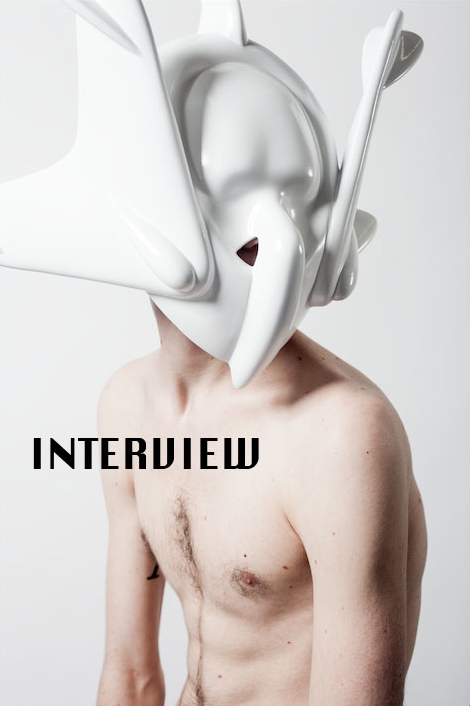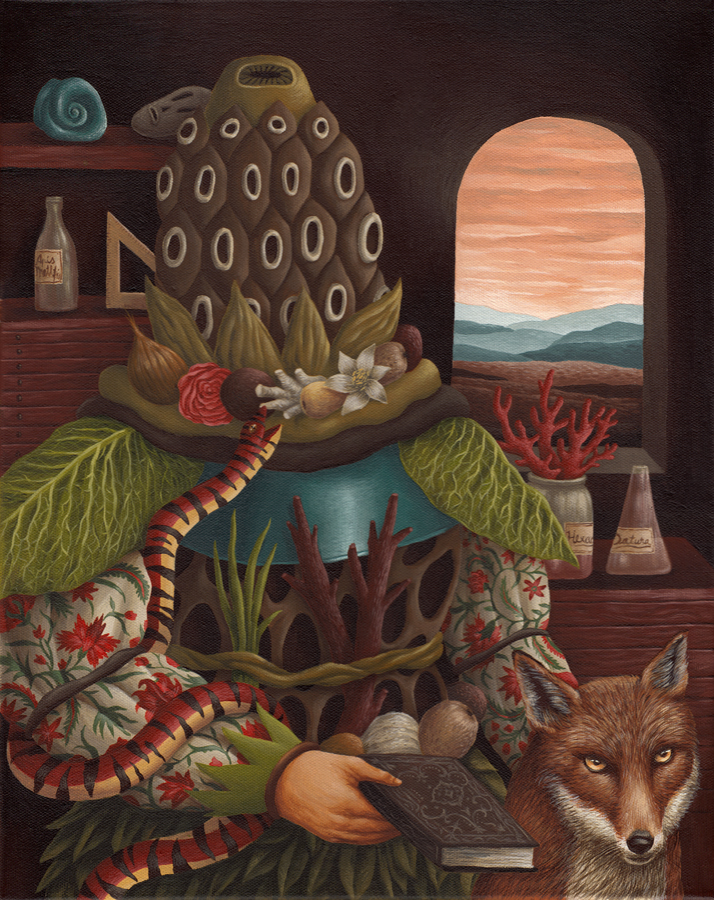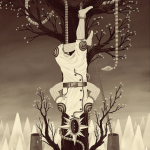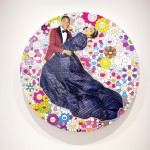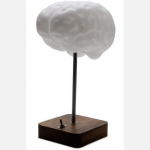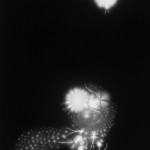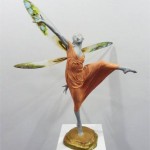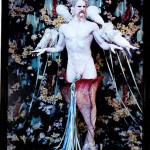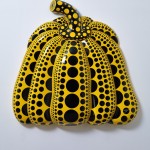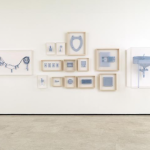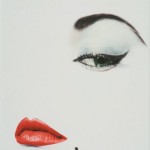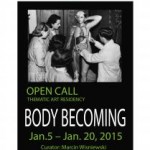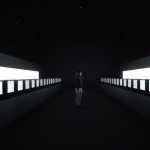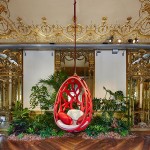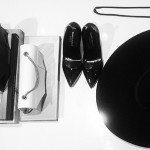INHALE is a cultural platform where artists are presented, where great projects are given credit and readers find inspiration. Think about Inhale as if it were a map: we can help you discover which are the must-see events all over the world, what is happening now in the artistic and cultural world as well as guide you through the latest designers’ products. Inhale interconnects domains that you are interested in, so that you will know all the events, places, galleries, studios that are a must-see. We have a 360 degree overview on art and culture and a passion to share.

It’s easy enough to call a Woody Allen film you feel delivers high-quality cinema a ‘return to form’ on the part of the maestro. It is in fact such a widely used phrase by critics, that there are articles discussing this very fact. However, that would imply that Blue Jasmine can be related to anything Allen has made in the past. And it really doesn’t. As a great admirer of his specific take on life, my first reaction was a slight disappointment, as any Dostoyevskian inner struggle, any Jewish-styled self-loathing was abandoned for a singular vision of the main character’s depression. Once you acknowledge that, the film becomes a tour de force for Kate Blanchett, whose performance is only momentarily eclipsed by an equally flawless supporting cast.
It would be hard to add anything new on the topic of Blanchett’s Oscar-deserving portrayal of an Upper East Side socialite turned manic depressive who moves to her sister’s house in San Francisco after her husband commits suicide while imprisoned for running a Ponzi scheme. There are few performances where you can distinctly feel an actor’s choice in developing a character. Faced with a role that is defined by a lack of sensibility, a constant denial of her actual situation, Blanchett chooses to repeat each mistaken premise that Jasmine embodies to the point of desperation. And that is what depression feels like in Blue Jasmine. A frustrating lack of perspective that creates a vicious cycle of impotence that drives one crazy. What would normally be a classic neurotic charming dialogue between Allen-esque New York hypochondriacs, in Blue Jasmine, turns into infuriating ramblings of an ungrateful sister.
Her pill and empty mantra addiction are always self-serving and only deepen Jasmine’s manic state. As the title character’s guilt is slowly revealed, there is no empathy that the audience can project for her, only a sense of embarrassment. While there are elements of chance (a staple of Allen’s oeuvre) that alter Jasmine’s life course, they end up serving the same linear narrative. A chance encounter on the street or a lucky break in the dating game doesn’t lift Jasmine from her state of depression, and only highlights her practical inability to get past her tormented past, despite her repetition of the opposite.
I’d ideally give a special mention to each small character, as Allen managed to get the best out of his entire cast, but one that truly deserves a special mention is Louis CK. As the 21st century’s comedian of the everyday, his cameo as a character embodying lack of sophistication is a nice touch to the story. Although presented as a gentleman towards Jasmine’s sister Ginger, he is a cynical cheater whose defining characteristic is his unmistakable blandness. He is opposed by Alec Baldwin’s now typecast character: the New York investment shark; an easy fit for Baldwin, especially as his character is released of all pretences of sentimentality. His final confession of being in love with an 18-year old French au-pair seems more like a crisis point from a man on the brick of disaster rather than a genuine confession. Ultimately though, they both buy their love and cheat on their lovers, so the difference lies more in Ginger’s ability to admit that her ‘settling for less’ is in fact a path to happiness.
A mere 4 years ago, in Whatever Works, Woody Allen’s most stereotypical and self-congratulatory feature, Larry David’s character glances into the camera and joyfully serves the film with a tragi-comical ending that references the title. This gives the audience the impression that it is precisely because of our self-awareness, that we can enjoy the ever-deflating lifejackets that destiny throws in our troubled waters. In Blue Jasmine, there is no mention of this, and the only scenes of joy that we can see are Ginger’s cliché New York sightseeing tours, and her re-engagement to a man she so easily discarded once a gentleman courted her. Her story ends the same as the 2004 film, only now the audience is no longer smiling, as Chilli is objectively presented as a weaker choice. From this point of view, while the film definitely provides depth in terms of character complexity and stylistic details, its over-arching message about human happiness is that ‘ignorance is bliss’ and that we should all stop trying. It is somewhat ironic that this comes at a late point in Allen’s career, when he most certainly seems to be doing this.



